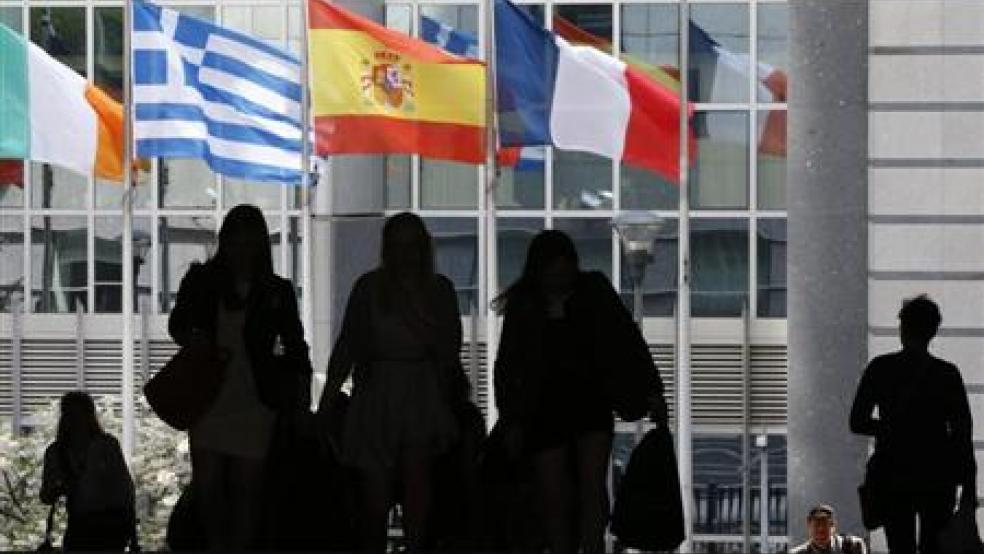Facing the worst economic crisis since the Depression, the European Union is proposing to take unprecedented steps to combat the downturn: borrowing hundreds of billions of dollars to distribute to member states.
That sounds familiar to American ears, since it’s what the U.S. government does every day, and at a record pace since the coronavirus pandemic hit. But for the EU, such a move would be revolutionary, moving the union closer to the kind of federal state that Germany, the union’s most powerful member, has long opposed.
The proposal from the European Commission, the executive committee of the EU, calls for borrowing 750 billion euros (about $825 billion) in total, with about 500 billion euros being used for grants to the 27 member states and the rest for loans that must be paid back. New taxes are proposed to bring in revenues, including a digital tax on tech firms such as Google and Facebook, and a tariff on carbon energy imports.
A “Hamiltonian” moment: Some European policymakers are referring to the proposed borrowing and spending program as “Hamiltonian” after the American founder (and Broadway musical inspirer) who pushed the U.S. to become a full fiscal union.
Wolfgang Ischinger, former German ambassador to the U.S., told The Washington Post that his country’s change of heart is driven by fears that the EU is at risk of coming apart amid the crisis. “This is not simply a gift which we give away because we like our neighbors so much,” Ischinger said. “It’s about assuring the survival of the European project to which Germany has now been attached to for the last 70 years. Our political future. And we’re not going to let that fall apart.”
But there are still doubts: Germany may be losing its fear that fiscally weak states in southern Europe will act as a drain on hard-won savings, but a handful of other northern countries still have their doubts. According to CNBC, four nations – Austria, the Netherlands, Sweden and Denmark – would prefer to use loans for all assistance, while requiring reforms from states in return for help.
And Mark Copelovitch, a political scientist at the University of Wisconsin, is skeptical about the “Hamiltonian” narrative. The “initiative may yet prove to be a major step forward in turning the European Union into a federal union like the United States,” he wrote Wednesday in The Washington Post. “Yet the plan is less a ‘Hamiltonian moment’ than another demonstration that E.U. leaders cannot reach agreement on the euro zone’s fundamental structural issues or how to address the enduring debt problems of Italy, Greece and other highly indebted euro-zone countries.”
What’s next: Lots of negotiations. EU leaders will meet on June 18 to discuss the proposals, and any agreements would have to be approved by the European Parliament. In the meantime, the European Central Bank will continue to buy bonds from EU nations to help fund unemployment payments and loans to struggling businesses.




